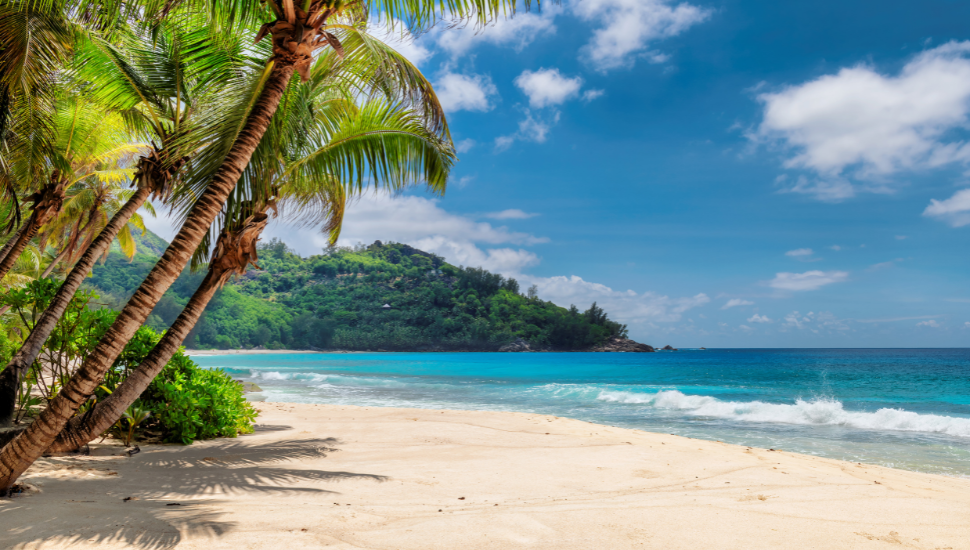Travel to Jamaica: Requirements and Safety Advice
With miles of breathtaking beaches and paradise resorts, the birthplace of reggae is a firm favourite among Britons, with more than 225,000 of us visiting in 2019.
But what are Jamaica's entry requirements for UK citizens, and what else should you know before visiting?
Travel to Jamaica from the UK: How long can I stay?
According to the gov.uk website, UK citizens are usually granted entry for 90 days - no visa is required.
Your passport must be valid for the duration of your stay; no further period of validity is needed - in contrast to many other countries.
Covid-19 entry requirements for Jamaica
Entry: Covid-19-vaccinated travellers are welcome.
Quarantine: No quarantine required.
Testing: No Covid-19 testing required.
The requirement to present a negative Covid-19 test on arrival ended on April 15. However, anyone exhibiting Covid-19 symptoms or considered to be in a high-risk group may still be tested.
Will I be asked for a COVID vaccine or vaccination certificate?
It appears that visitors are not asked to show a COVID vaccine or vaccination certificate. However, it may be best to have these documents with you just in case. The gov.uk website states that entry requirements can change at short notice.
Travel insurance for Jamaica
The UK government strongly encourages visitors to take out comprehensive travel insurance for Jamaica, as with all overseas destinations.

Flying to Jamaica: Arrival and departure tax
A departure tax of $35 is usually included in your flight ticket cost. Cruise ship landing fees are normally also included in the cruise price.
Is Jamaica safe to travel to?
The UK government website states that "Most visits are trouble-free."
However, it also notes that "Crime levels are high, particularly in and around certain areas of Kingston and Montego Bay."
Extra caution is advised when visiting "West Kingston, Grant’s Pen, August Town, Harbour View, Spanish Town and certain parts of Montego Bay, including Flankers, Barrett Town, Norwood, Glendevon, Rose Heights and Mount Salem."
Notes on safety in Jamaica
- Robbery is the most common crime against tourists. While there are mobile police patrols, vigilance is urged - especially when withdrawing money from ATMs.
- Avoid carrying large sums of cash or wearing "eye-catching jewellery".
- Avoid using the same restaurants, as this may make you a target for thieves.
- Avoid night buses.
- Aim to stay in accommodation that is gated and/or guarded.
- Use the hotel safe.
- Be wary of using dating apps, particularly those related to the LGBT community. These apps have been used to lure tourists into being assaulted and robbed.
- The gov.uk website urges visitors not to "resist in the event of an attempted robbery."
- The emergency police number is 119.
- The Jamaican government may impose a State of Emergency (SoE) without warning.
- Curfews may be imposed at short notice.
- Take care when travelling from the airport to your accommodation; there have been reports of UK nationals being robbed when making this journey.